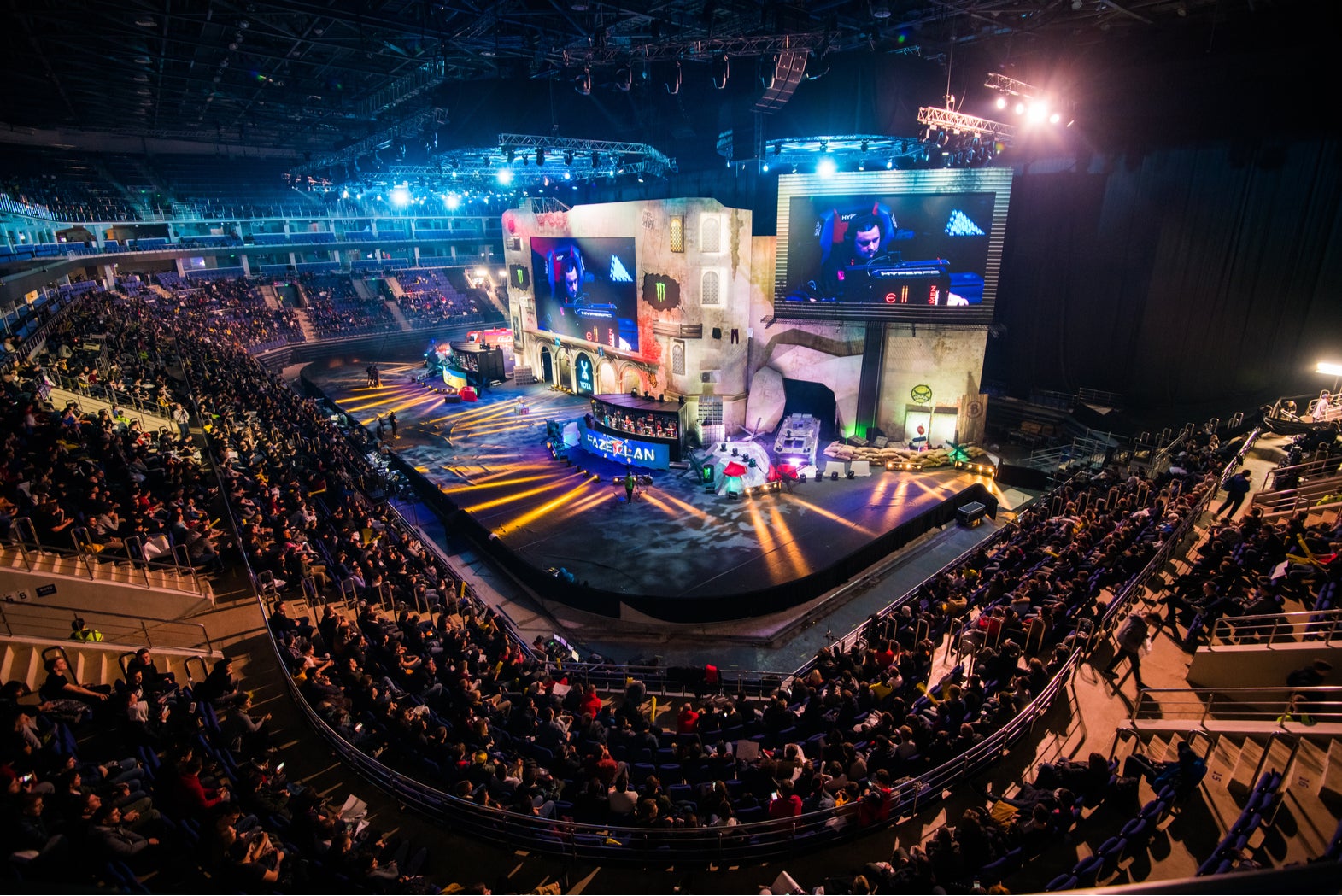
When you think of the sporting heroes of our time, Lewis Hamilton and his five Formula 1 world championships might come to mind. Or maybe Ben Stokes and Jofra Archer for bringing home the Cricket World Cup during that nail-biting final match. But would the name Kyle Giersdorf ring a bell?
This July, two million people across the globe tuned in to watch 16-year-old Kyle Giersdorf – or ‘Bugha’ as he’s known to fans – win an astounding $3m in the final of the Fortnite World Cup, more than Novak Djokovic’s Wimbledon win this year which earned him $2.8m.
The widespread public attention this tournament received has propelled the esports sector to new heights.
An opportunity to kick-start UK esports
Unlike the US and South Korea who have been investing in esports for some time now, the United Kingdom has been a bit late off the mark. Only in the last few weeks has the Fortnite World Cup shifted the front pages and onlookers perceptions, with the national media spotlighting Jaden Ashan, a 15-year-old from Essex, England, who won just under £1m in the tournament for placing second.
The esports phenomenon is showing no signs of abating and the UK must embrace it. We have the perfect conditions to do so. As a country, we hold two critical ecosystems that will enable esports to thrive: a widely celebrated sporting culture, and a flourishing technology sector.
From Lords, Twickenham, Old Trafford and Wimbledon, to the Premiership League, Six Nations, and 2012 Olympics, the UK knows how to entertain the world through sports. We already have the infrastructure, venues, sponsorship and enthusiasm to become the global epicenter of esports events and tournaments.
How well do you really know your competitors?
Access the most comprehensive Company Profiles on the market, powered by GlobalData. Save hours of research. Gain competitive edge.

Thank you!
Your download email will arrive shortly
Not ready to buy yet? Download a free sample
We are confident about the unique quality of our Company Profiles. However, we want you to make the most beneficial decision for your business, so we offer a free sample that you can download by submitting the below form
By GlobalDataWhen it comes to technology, the UK – and especially London – offers conditions that few other countries do. From coders and developers, to graphic designers and creatives, to the composers to create the mesmerizing scores for the games, all the talent you need to build these creative worlds can be found in the city right next door to each other. Combine this with the investment and finance landscape in the city and you have a winning partnership.
At Here East, we are set to become the first esports hub in the UK, with the likes of Sports Interactive and Bidstack on our campus, as well as Staffordshire University’s Digital Institute London, which will offer degrees to train the next esports managers, shoutcasters and broadcasters.
With the FIFA eWorld Cup Grand Final held in London for the 3rd time, hosted in the O2 Arena last weekend, it is clear that people and businesses are starting to recognise how perfectly positioned we are to embrace it.
The business potential of esports for the UK is immense, with predictions that the industry will be worth $2bn by 2022 globally. In order to capitalise on this, we must ensure that the UK becomes the most attractive option for international esports expansion targeting companies in the US and Asia who will be looking for a European base.
We need to build on initiatives such as the first esports all-party parliamentary group at the House of Parliament and the Department for Digital, Culture, Media and Sports (DCMS) created by Ukie, which has since formed a committee to explore the potential of esports in the UK. What is required now is a push to move it up the agenda and to gather support for the tech industry that will be key to its long term growth.
UK esports can be a success, but that isn’t guaranteed
Esports can be a success story for the UK – but we need to get it right.
Despite the positive and exciting stories behind the Fortnite World Cup, regulation and player wellbeing remains a hot topic and there is a concern for some that not enough is being done to warn of the negative impacts of excessive gaming on young people. These are issues that have plagued the gaming industry for decades and they are valid ones.
In order to quell concerns of parents, gaming companies are starting to take these concerns seriously and work to create an industry that takes into account the wellbeing of its competitors. One initiative is creating parental time controls, layers of security to prevent over-spending of real money, or ingraining systems that flag when a player is demonstrating unusual behaviour.
Actions taken by the industry now will decide whether esports will be a lasting phenomenon, or whether public opinion – and investment and government support – will turn against it.
Given the heightened focus, it is crucial for the UK to begin to think seriously about the role it will play in the rapidly growing esports industry. There is an open opportunity to become a world leader, championing our famed sporting culture and fusing it with newer success in the globally tech landscape.
Whether it’s helping to shape the regulation for player wellbeing, or ensuring the talent and investment landscape remains strong, the UK has all the tools it needs to rise to the top of the league.
Read more: Here East: Building a home for esports in the UK







